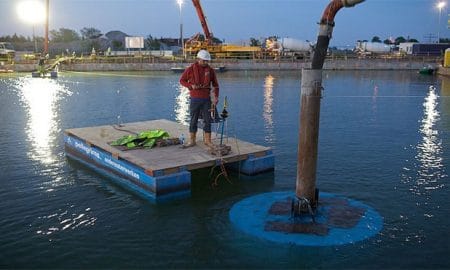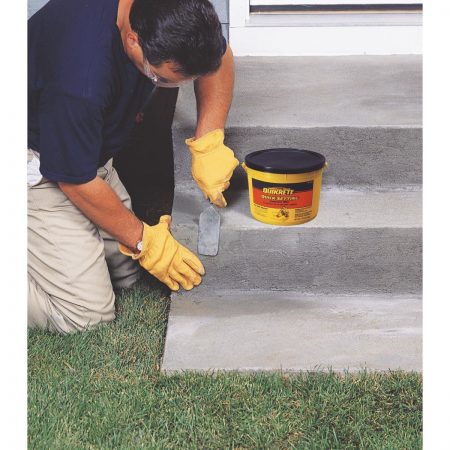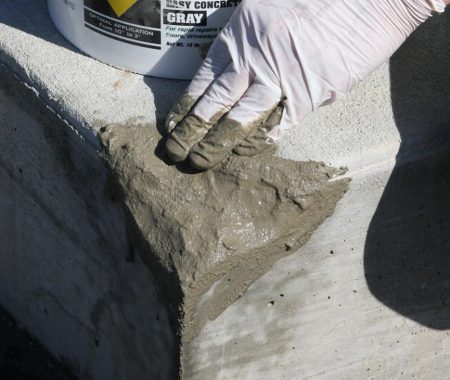Quick Setting Cement- Phenomenon, Uses and Disadvantages
It is one of the type of cements where the initially set in 5 mins and final set is achieved in 30 mins, which is used in the special conditions of construction like in running water. In this article we study about the properties, phenomenon, uses, advantages and disadvantages of quick setting cement.

Phenomenon of Quick setting cement
Generally, when the water is added into the cement hydration takes places and the chemical reaction occurs which make the cement to harden where the initial setting time is 30 mins and final setting time being 10hrs.
In this special type of cement, where the setting time of the cement is to be less and hardening of cement to be fast. The cement clinkers are grinded with aluminium sulphate, which accelerates the setting time of cement. aluminium sulphate is used as accelerating admixture in the dosage range of 1% to 3% by weight of cement clinkers . The mechanism of function of aluminium sulphate is that it increases the rate of hydration of tricalcium silicate (C3S) and tricalcium aluminate (C3A) phases of cement, thereby providing earlier heat evolution and strength development. It acts as a catalyst in the hydration of tricalcium silicate (C3S) and tricalcium aluminate (C3A).
Concrete specimens with varying percentage of aluminium sulphate were tested for compressive strength, splitting tensile strength and flexural strength. The results obtained were compared with results of normal M-20 concrete mix and it was found that maximum increase in compressive strength, splitting tensile strength and flexural strength occurred for quick setting cement concrete at 3 days age and 7 days age. However, there was no considerable increase in compressive strength, splitting tensile strength and flexural strength at 28 days age.
Uses of Quick setting cement
- It is used in under water construction.
- It is also used in rainy & cold weather conditions.
- Where, quick strength is needed in short span of time.
- Used higher temperature where water evaporates easily.
- Used for anchoring or rock bolt mining and tunneling
- Used for fixing concrete steps.
- For the anchorage of Rock Bolt in Tunnel & all works underground, quick setting cement is required.


Disadvantages of Quick setting cement
- Due to content of sulphates in the aluminium sulphate , there are major chance of sulphate attack on the reinforcement corrosion and durability is compromised.
- When water is added the work should be completed fast or else it sets and difficult to mix.
- In quick setting cement, if the heat is not dissipated properly it can result in cracks in the cement after setting.
- It is not widely available.
- It is expensive.

No comments:
Post a Comment